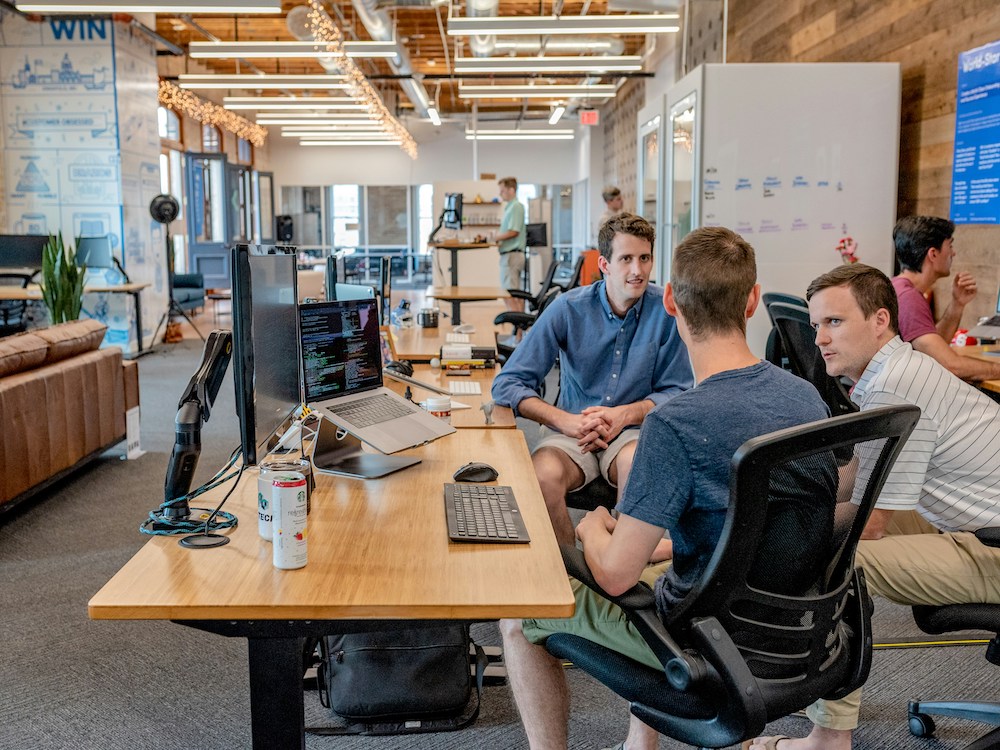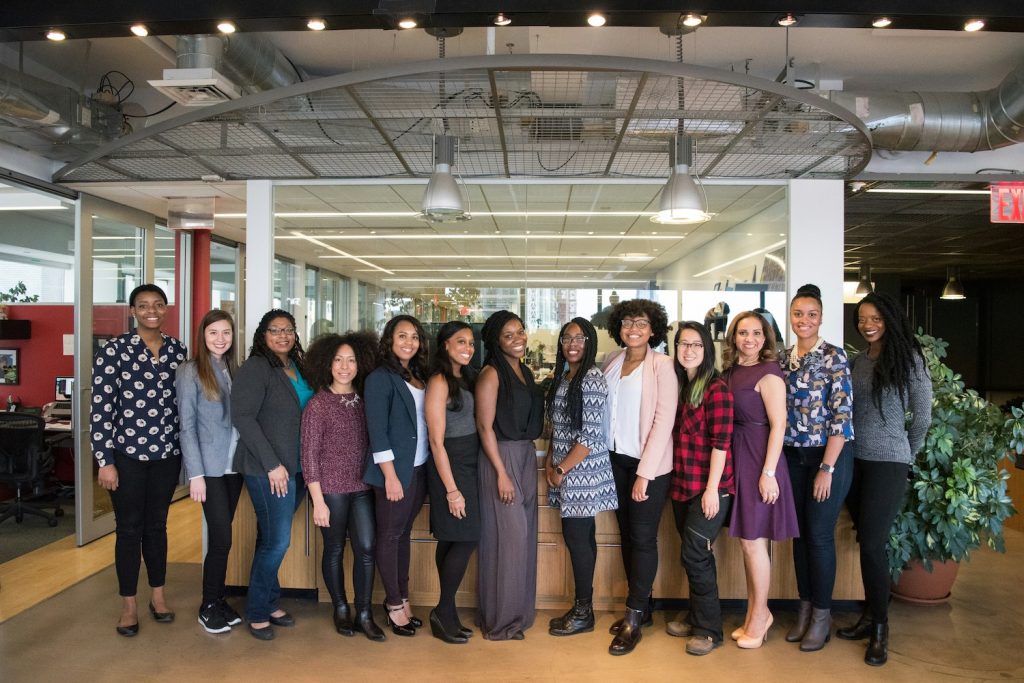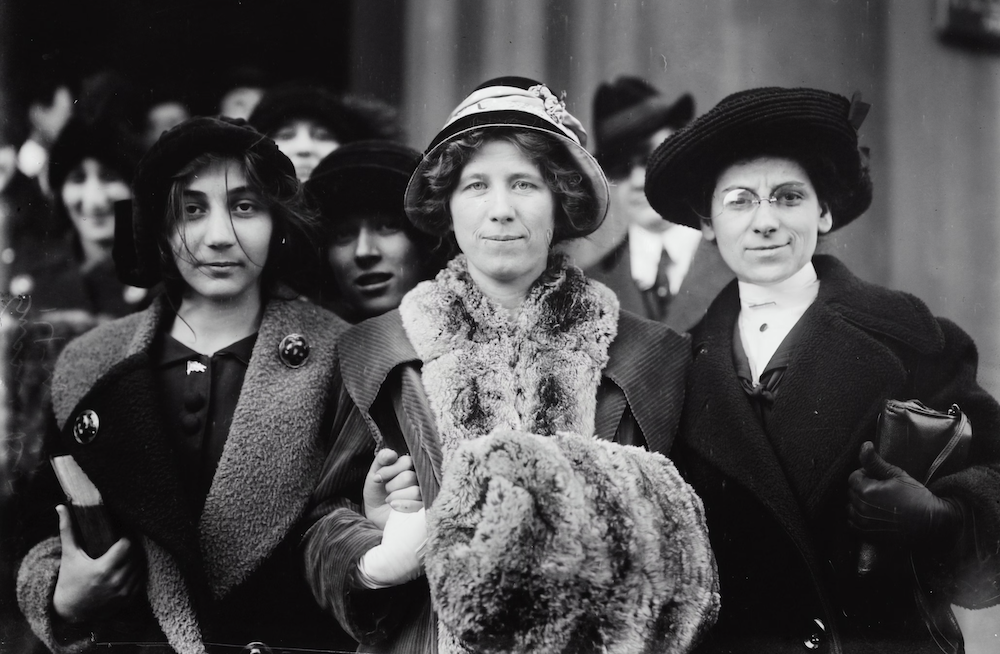May is Mental Health Awareness Month which means it’s the perfect time to talk about the importance of self-care, regulation, and balance! As we all know, unchecked stress, overwork, and burnout can cause serious long-term effects.
Let’s discuss…
Mental Health Awareness in the Workforce
When we consider mental health awareness in the workforce, it truly starts at the top. Leaders who model vulnerability, prioritize open communication, and actively promote mental health resources set the stage for a more compassionate culture. As a leader, are you modeling healthy work habits or are you promoting “the grind?”?

Let’s go through some tips to make mental wellbeing a priority in the workplace:
1. Burnout: The Productivity Killer
“Workplace” burnout involves ongoing emotional exhaustion, psychological distance or negativity, and feelings of inefficacy — all adding up to a state where the job-related stressors are not being effectively managed by the normal rest found in work breaks, weekends, and time off (World Health Organization, 2019).
- Tip: Encourage open conversations about burnout and not feeling the best. Train managers and employees to spot the red flags, and create safe spaces for employees to say, “Hey, I’m struggling and would appreciate some help.” Promote honesty and a healthy work-life balance.
2. Stress: It’s Contagious (and not in a good way)
Let’s talk about the psychological effect known as “emotional contagion.” Emotional contagion is a phenomenon where the behavior of an individual (like anger or happiness) leads to the reflexive production of the same behavior by others. For example, if you’re looking at a co-worker who looks upset and disgruntled, it’s highly likely that you’ll begin mirroring their behavior!
- Tip: Normalize breaks. Step away from screens, stretch, go on a walk, do a quick meditation, or whatever recharges you. Find and share stress management resources like mindfulness apps. Bonus points if you create designated chill-out zones in the office.
Less Stress… More Success!
3. The Power of Connection
Humans are social creatures and even though technology connects us now more than ever, it can also disconnect us from the people around us, leaving us feeling lonely. It’s important to remember that the most impactful communication we can have almost always happens face to face. ”In his book 7L: The Seven Levels of Communication, Michael Maher discusses the different modalities of communication, and he places them in a pyramid of hierarchy, with face-to-face being at the top and having the most impact.”
- Tip: Prioritize team building activities, even if it’s just a virtual coffee break or grabbing lunch together. Encourage mentorship programs and open communication channels. Little gestures, like remembering birthdays or offering genuine praise, go a long way!
4. Feeling Safe = Feeling Productive
- Tip: Leadership sets the tone. Foster respect, psychological safety, and a zero-tolerance policy for toxic behavior. Remember, happy employees = loyal employees. Stronger bonds = Stronger teams: when we trust that our coworkers have our backs, collaboration flourishes, ideas flow freely, and we lift each other up.
5. Self-care is NOT Selfish
The term “self-care” has gained popularity in the last few years and many people think of lavish spa days or shopping sprees when they hear it. “However, this couldn’t be further from the truth. The reality is, self-care isn’t about indulgence at all—it’s about meeting your basic needs to function at your best.”
- Tip: Lead by example. Talk openly about your own mental health strategies. Promote self-care practices as part of the workday. Encourage employees to utilize mental health days without fear of judgment.
A Mentally Healthy Workplace
Bottom Line
A mentally healthy workplace isn’t just about feeling good (though that’s important too). It translates to overall wellness, safety, increased productivity, stronger teams, and a healthier bottom line. Let’s ditch the outdated “suck it up” mentality and embrace a culture where mental wellbeing is valued as much as hitting those quarterly targets. Remember, mental health matters at any and every age. YOU matter!
P.S. If you, or someone you know, is struggling with their mental health, help is available. Here are some resources:
- National Alliance on Mental Illness (NAMI): https://www.nami.org/
- The Substance Abuse and Mental Health Services Administration (SAMHSA): https://www.samhsa.gov/
- The Crisis Text Line: Text HOME to 741741





